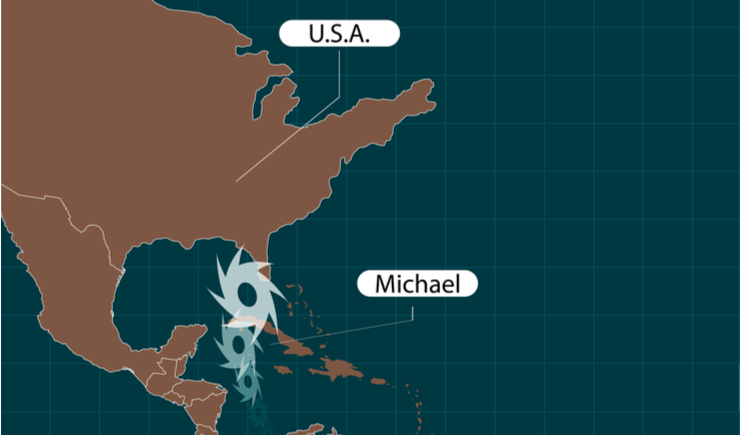I remember in fourth grade I went to my friend Bobby’s house after school. It was a big deal because I got to go on his bus with a permission slip from my parents. We had the best games of backyard football at his house. It was at his house I listened to The Cars for the first time and will never forget it.
In The Boston Globe, the staff wrote about Ocasek’s life and his time with The Cars:
The first three songs on their 1978 self-titled first album were all hit singles and remain widely known classics: ‘‘Good Times Roll,’’ “My Best Friend’s Girl,’’ and ‘‘Just What I Needed.’’
They had 10 other singles in the Billboard top 40, and of their six studio albums, four were in Billboard’s top 10.
The band’s commercial peak came with 1984’s ‘‘Heartbeat City,’’ which featured the hit singles ‘‘You Might Think’’ and ‘‘Magic,’’ sung by Mr. Ocasek, and the atypical ballad ‘‘Drive,’’ sung by Orr.
They were an MTV favorite, and the whimsical, partly animated video for ‘‘You Might Think’’ along with the mournful video for ‘‘Drive’’ brought them near-constant airplay on the channel in the mid-1980s.
Maxanne Sartori, the former WBCN disc jockey often credited with breaking The Cars on the radio, previously told the Globe that Mr. Ocasek was reserved even in the band’s early years.
“He’d already been married two times,” she told the Globe in 2018. “He was my plus-one at a lot of places. He was fun to be around, really sarcastic.”
With his gangly frame and his pop-art shirts, he was “quite the odd man out. And I do mean odd,” she said.
By the time Mr. Ocasek and his bandmates debuted The Cars at the Rathskeller in Kenmore Square, their potential was evident, a previous owner told the Globe in 2018.
As Cap’n Swing — which featured Mr. Ocasek, Orr, and Easton — they were “interesting,” said Jim Harold, who owned the Rat. “When they came back as The Cars, even at sound check, you knew these guys were going to be good. It was like, ‘Oh, wow. This was really different.’ They had something no one else had.”
Harold said he admired Mr. Ocasek as someone “who was pretty astute about what he wants, and he gets it done.”
Former Globe rock critic and Berklee School of Music professor Steve Morse described Mr. Ocasek Sunday night as shy and humble.
“He was kind of a musician’s musician, but a reluctant rock star,” he said. “He was a very eccentric guy, a very poetic guy. . . not a dynamic performer whose ego was caught up in the stage.”
While other bands at the time were known for their theatrical performances, Mr. Ocasek preferred to spend time in the studio — including the Synchro Sound recording studio on Newbury Street, where The Cars recorded many of their songs. He eschewed simple love songs and made a name for himself as a lyricist, Morse said.
“He wrote with a lot depth, a lot of wit, a lot of intelligence,” Morse said.
He told Morse in 1997 that stardom had its price.
Read more here.



